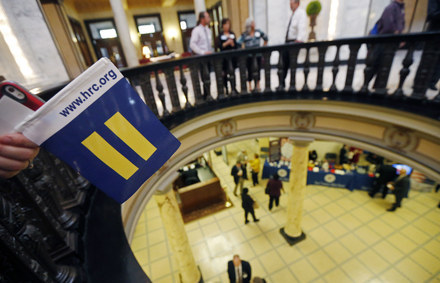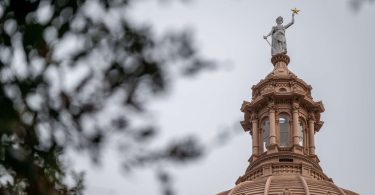Potential LGBT tourists with plans to visit the U.S. State Mississippi are now thinking twice about it. The Mississippi Senate voted 31-17 on Wednesday to pass what critics say is the most sweeping anti-LGBT legislation in the U.S.
House Bill 1523 would protect people, religious organizations, and certain businesses that refuse services specifically to LGBT people.
The bill also would protect those opposed to recognizing the gender identity of transgender people.
Immediately after the vote, a Democrat proposed a motion to reconsider the measure — thereby requiring another vote later in the week that is widely considered a procedural formality.
Although the bill already passed the House in February, the version approved by the Senate differed slightly, and the House must concur.
The bill already passed the House 80-39 in February. However, the Senate’s version was amended slightly, and the House must concur before the legislation can go to the governor.
Republicans, who hold a majority in both chambers, have argued the bill fixes problems created for people of faith by the Supreme Court’s 2015 marriage equality ruling.
It gives protection to those in the state who cannot in a good conscience provide services for a same-sex marriage. argued Sen. Jennifer Branning said in an address to her colleagues.
Critics widely argue the bill would explicitly allow the denial of services, goods, wedding products, medical treatment, housing, and employment to LGBT people.
The Mississippi vote comes a week after North Carolina passed a law that targets LGBT rights, and the same week that Georgia’s governor vetoed a religious protection bill under pressure from corporations threatening to pull business from the state.
The government also could not penalize a religious organization for denying housing, employment, or services.
The bill then protects those who decline treatments, counseling, or surgeries related to sex reassignment or gender, identity transitioning — or declines to participate in psychological, counseling, or fertility services. The bill provides an exception for medical emergencies.
The state has no law banning LGBT discrimination.






